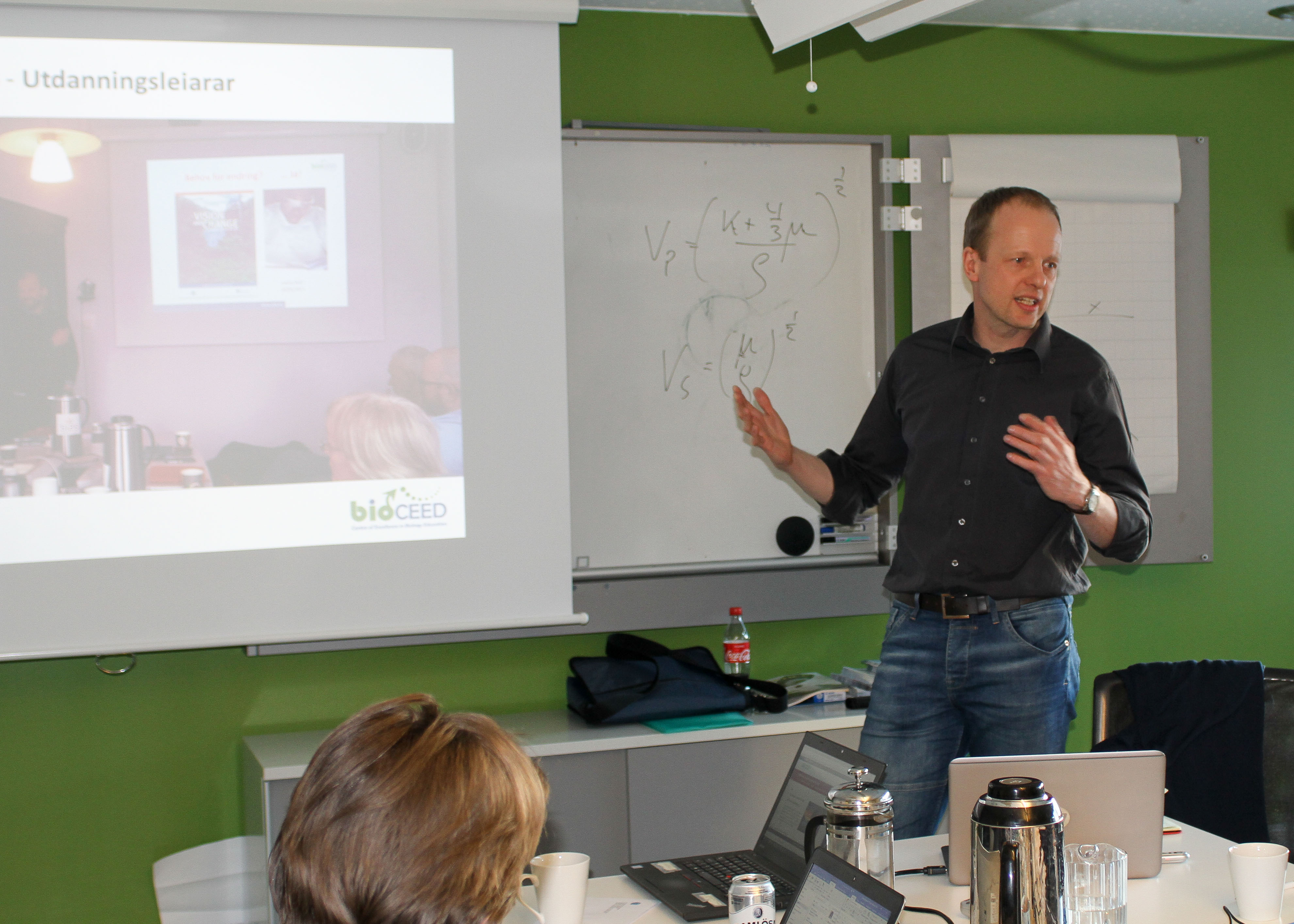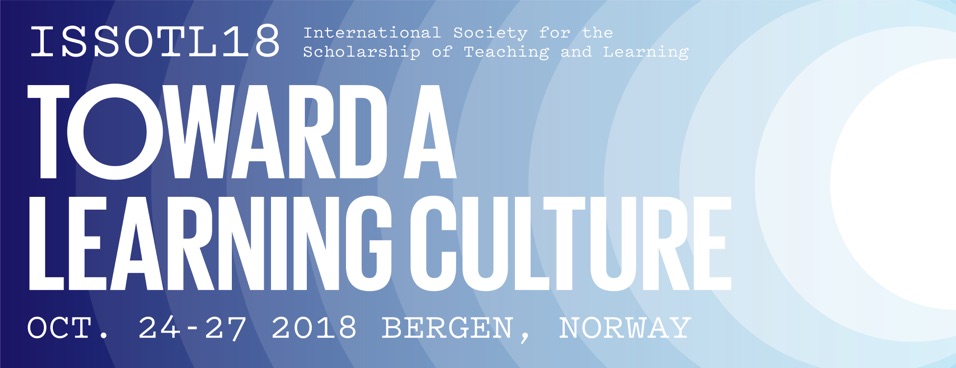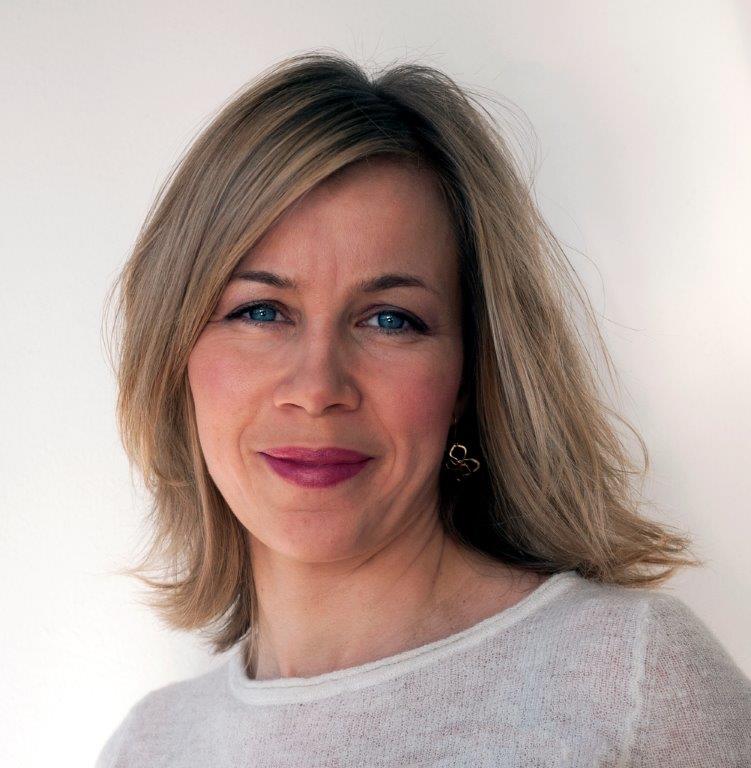Biology leaders discussed pedagogical training for staff
The 2018 meeting in the National Forum for Educational Leadership in Biology took place in early March, this time at the University Centre in Svalbard (UNIS). As is now a tradition, the meeting was run back-to-back with the spring meeting of Biofagrådet. The forum-topic this year was about pedagogical training and development for staff and the role of leaders to motivate, provide opportunities, and create a collegial culture for continuous development, sharing and exchange. We discussed the baseline training, leading to basic pedagogical competence for higher education, but primarily focused on activities on top of this, voluntary and hopefully sought because of an internal motivation to improve as a teacher; a life-long learning perspective to pedagogics.

Photo: Forum coordinator Øystein Varpe links past Forum-topics with pedagogical development for staff (Photo: Tina Dahl).
Forum coordinator Øystein Varpe introduced the half-day session reminding the participants about the linkages between today’s topic and past topics of the Forum: “Dedicated Educational leaders” (2016) and “Excellent Teaching Practitioner” (2017). Øystein also outlined some key bioCEED initiatives to achieve pedagogical development among staff, including teacher retreats, learning forum and learning courses.

Photo: Roy Anderson explains the bioCEED model and the bioCEED teaching and learning course that he runs together with Arild Raaheim (Photo: Tina Dahl).
Then Roy Andersson, pedagogical developer from Lund University, and adjunct at UiB and bioCEED, took this further and described in detail the impacts and roles of leaders on this arena. Building blocks for pedagogical development, such as those put forward by Gibbs (2009), were brought up and the participants reflected on how they performed well and less-well at their respective institutions.
Furthermore, it was discussed how one could go from these points via important local micro-cultures for teaching and learning practices towards an emerging culture for Scholarship of Teaching and Learning. Roy also presented experiences from the bioCEED course “Collegial Teaching and Learning– in Biology/STEM Education” and importantly proposed a 2018 model of the course where each of the institutions represented in the Forum were invited to take part with a group of staff from their departments. This will take the course to a new level where we interact and share at the national level of higher education in biology, aims that parallel those of the Forum.

Photo: 2018 Forum participants, meeting at UNIS in Longyearbyen (Photo: Stuart Thomson).
A discussion and sharing session followed, where each of the universities presented thoughts and experiences on pedagogical developments from their ome arenas. Peer review of teaching, co-pilots in courses, seminars, workshops and gatherings were among the tools in many of the toolboxes. Reflections on how to reach broadly and avoid that only a small set of staff engage in these activities were also discussed. It was highlighted by several that it is important to include administrative and technical staff, as well as students, in the pedagogical developments and the SoTL-culture.
Participants at this year’s meeting were: Odd Arne Rognli, Cathrine Strømø, Ida Marie Munthe Sakseide, and Nina Rosita Hansen (NMBU), Rein Aasland (UiO), Gro Johnsen (UiS), Ørjan Totland (UiB), Else Berit Skagen and Kjetil Rasmussen (NTNU), Geir Rudolfsen (UiT), Roy Andersson (Lund University and UiB), and Børge Damsgård, Tina Dahl, and Øystein Varpe (UNIS).



